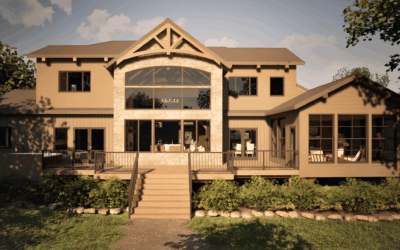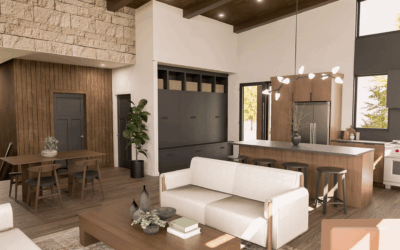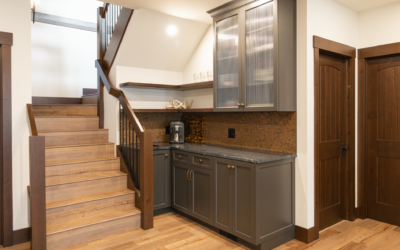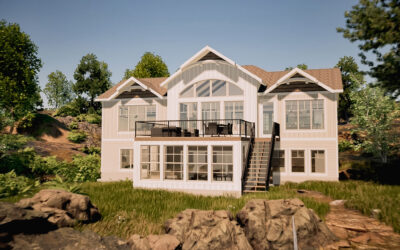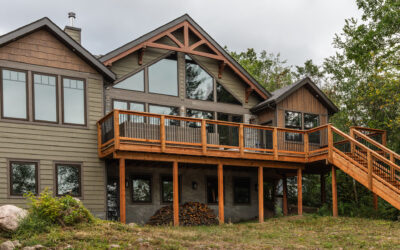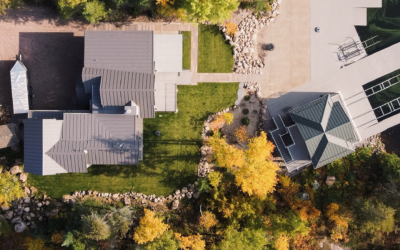So, you’ve decided to upgrade your countertops and swap out that Venetian Gold granite. Or maybe you’re considering a change, but don’t have a great understanding of all the different options that are out there today. Selecting the perfect stone to compliment your design style and meet your everyday needs can be challenging— not to mention the rather large price tag that usually follows. If you’re feeling overwhelmed with the decision, know there are options out there for you.
To help you achieve the look, functionality, and price point you envision, here are a few simple questions you can ask yourself to narrow down your options. What do I like/dislike about my current countertops? Do I want to be able to place hot items unprotected on the surface? Do I want my countertops to be a statement within my space, or more subdued? How much maintenance am I willing to do? Is sourcing a sustainable product important to me? Some people find they have to sacrifice the durability of the stone to get the look they desire. Or they may realize selecting a sustainably sourced natural stone requires more maintenance than they’re willing to do. With any stone option, there are pros and cons to consider; however, achieving what you desire is possible.
When selecting a stone, consider these 5 factors and prioritize the ones most important to you.
Price
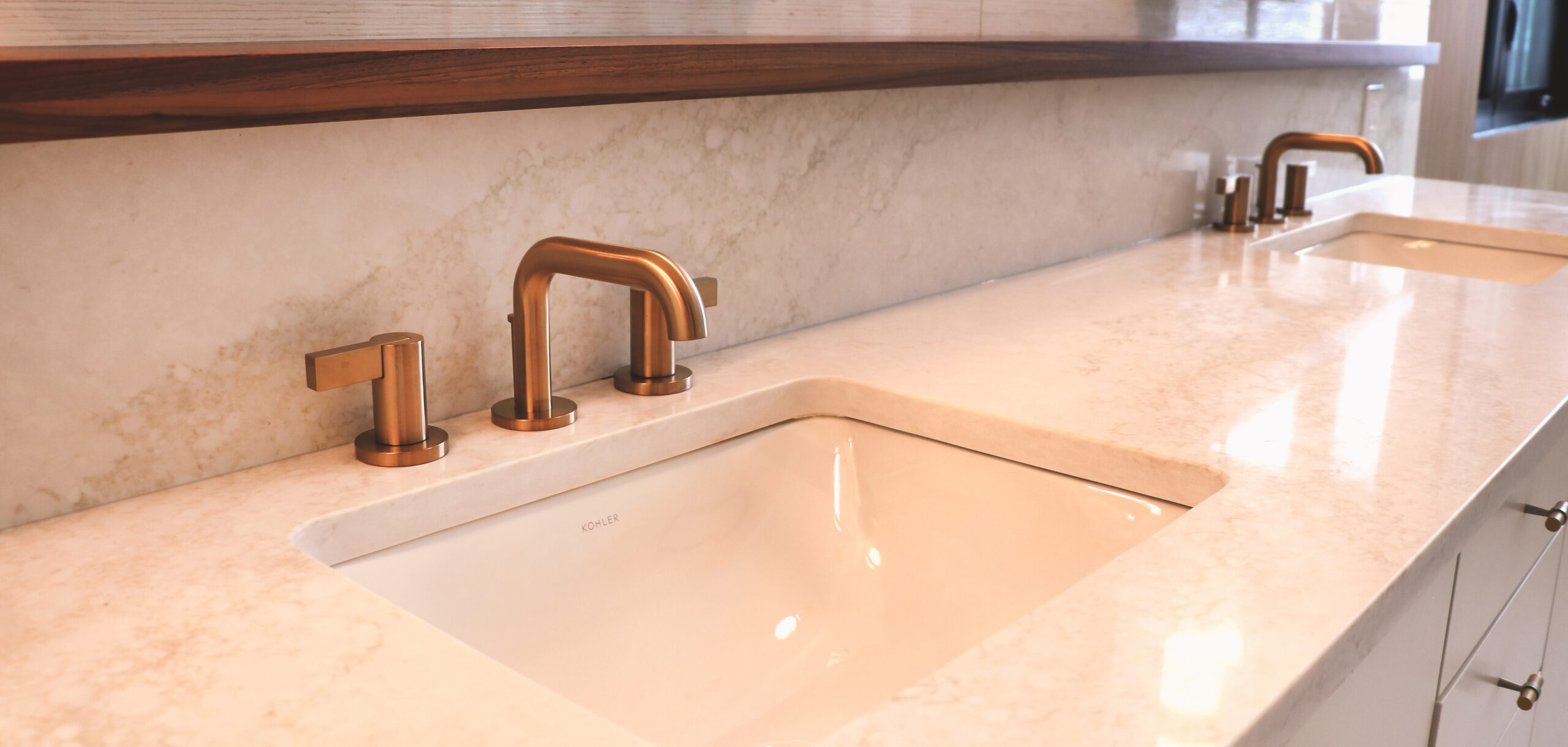
The dreaded price tag… For some, this may be the deciding factor that narrows your search considerably. For others, the price may not be the most crucial factor when selecting a stone. Whether you’re looking for natural or engineered stone, each will have different levels of pricing based on thickness, colouring, ratio of contents making up the slab, and rarity in appearance.
The grading of the slabs may give you some flexibility between different types of stone. For example, where your budget may only allow you to select from the lowest grade of one stone, you may have more options in the middle of higher grades of another type of stone.
Durability

Durability refers to the heat, scratch, and stain resistance a stone can withstand. Generally, natural stones such as granite and quartzite are quite durable when taken care of and maintained properly.
Because they are natural stones, it is possible to place hot pots and pans directly on their surface without the risk of damage. They are typically a harder stone, therefore, less likely to scratch. However, without proper care and maintenance, they can stain over time.
Engineered stones such as quartz and porcelain are durable and highly scratch resistant. They are also non-porous; meaning they won’t stain. Porcelain is highly heat resistant and can withstand hot items on its surface. Whereas quartz are not heat resistant and burn marks can transfer from hot items placed on its surface.
Look
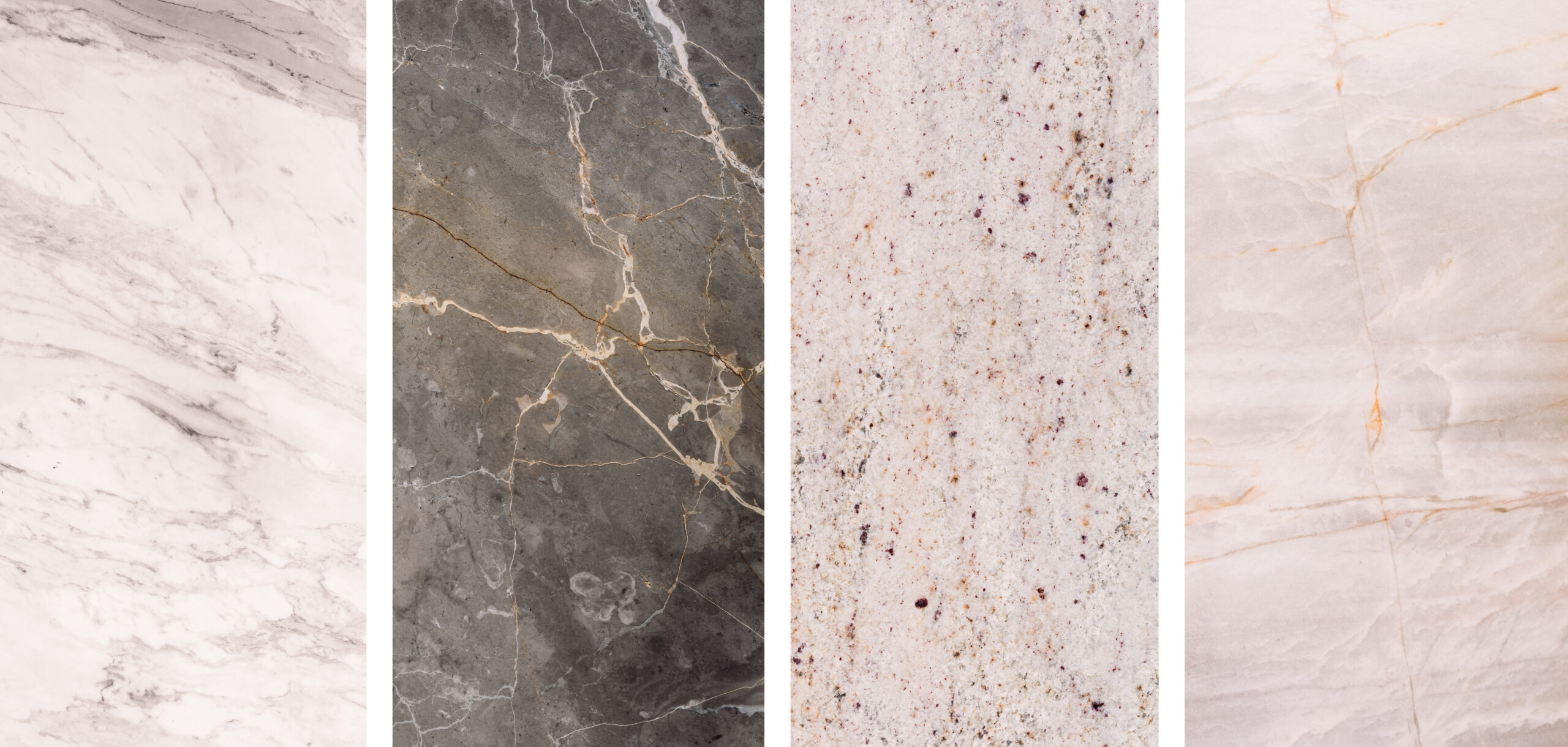
Now for the fun part, deciding how you want those countertops to look in your space! If you want more veining and dramatic lines, consider marble and quartzite for a natural stone, or quartz and porcelain if you prefer engineered stone. If you want a more subdued look, try granite or quartz with subtle flecks of colour or shimmering metals. If white countertops are what you envision, quartz will give you the truest whites and have the most selection. But if you want a natural stone, some granite options tend to lean white; however, they can contain a small assortment of other mixed-in colours.
Maintenance

While most stone is fairly easy to maintain and clean, consider how you utilize your countertops before making your final decision. Natural stone needs regular sealing; with that said, the more wear you put on them, the more frequently they need maintenance. If you don’t envision yourself keeping up with this care, perhaps an engineered stone would suit you better. These are non-porous, therefore, do not require the same upkeep.
Environmental Concerns

The topic of sustainability has become more prominent in today’s society than ever before. There are many factors to consider when selecting a product with the least negative environmental impact. There are ecological pros and cons in choosing a natural vs. engineered stone. Some natural stone involves an excavation process and transportation. In contrast, engineered stone can also take a toll due to its manufacturing and transportation process. If these issues are important to you, this may help decide which stone suits your preferences.
Now you are one step closer to the perfect countertops you’ve dreamed of! With this knowledge you’ve gained today, you should be able to prioritize what matters to you most and make a calculated decision that you can be happy with and enjoy!


